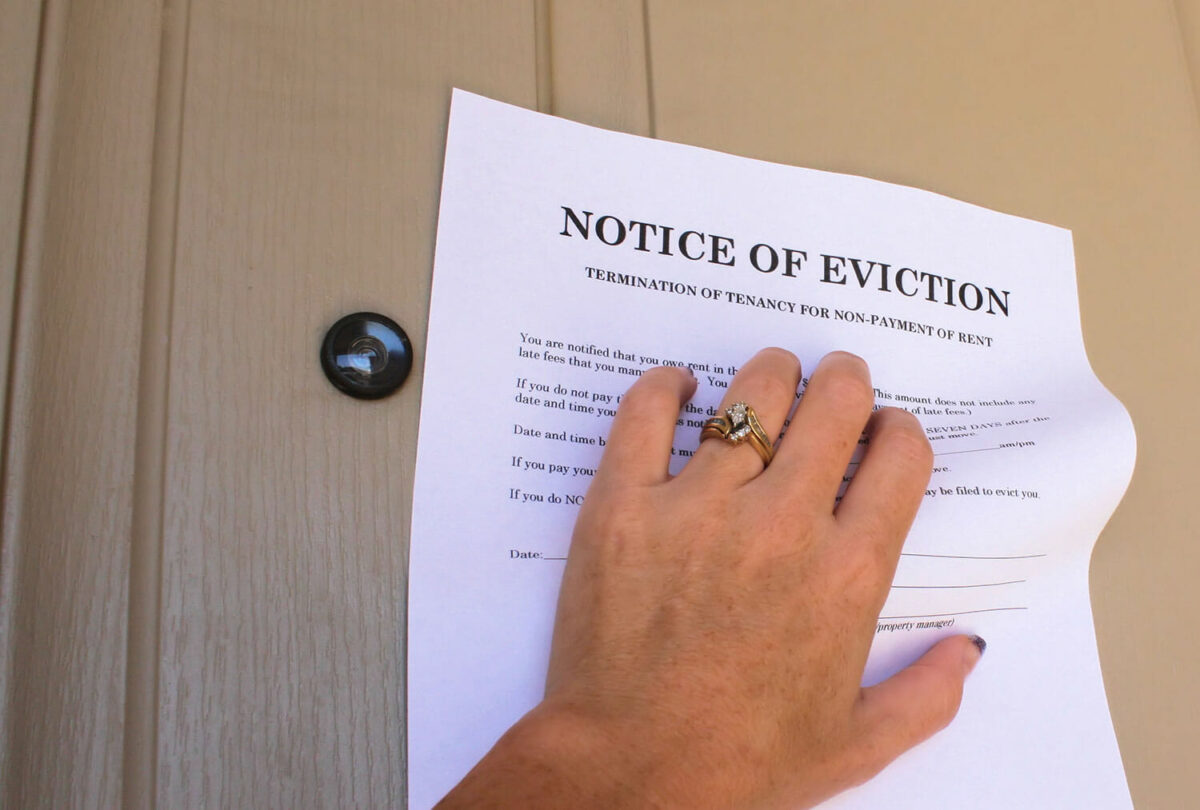Did you know that about 168,000 elderly renters face eviction every year? There are various reasons why a renter is being evicted and one common reason is non-payment of rent.
Are you a landlord or landlady and wondering what steps you must take to evict a tenant? The process can seem overwhelming, from serving a notice to appearing in court. Legal eviction requires each stage to be completed in a lawful manner. Understanding the requirements and following the correct procedures will ensure that you will not encounter more problems in the future.
Whether you’re a landlord dealing with this process for the first time or seeking a refresher on eviction protocols, knowing the landlord’s obligations is important. You can look for eviction lawyers near you who can help alleviate your stress and protect your rental business.
Understanding Eviction Laws
Each state has specific laws governing the eviction process, including the valid reasons for eviction, notice requirements, and procedures to follow.
Eviction laws typically outline valid reasons for eviction, such as non-payment of rent, lease violations, or illegal activities on the property. By knowing these reasons, landlords can determine whether they have legal grounds to evict a tenant and proceed accordingly.
Eviction laws specify the proper notice that landlords must provide to tenants before initiating eviction proceedings. This notice period can vary depending on the reason for eviction and the state’s laws. Following these requirements will prevent delays and legal complications during the process.
Issuing Notice to Vacate
Successfully handling the eviction process involves understanding the valid reasons for eviction and the notice requirements under your state’s laws. This leads us to the next step, which is issuing a notice to vacate.
When it comes to issuing a Notice to Vacate, the guidelines outlined by your state. Typically, this must be in writing and include essential information such as the reason for the eviction, the date by which the tenant must vacate the premises, and any steps the tenant can take to remedy the situation, if applicable.
The Notice to Vacate serves as a formal notification to the tenant that their tenancy is being terminated. The notice must be delivered according to the required method, whether that be through personal service, certified mail, or another approved delivery method. The sent and received notices must be recorded accurately in order for the eviction process to be legal.
Filing Eviction Complaint
It is important to adhere to all state and local legal requirements when filing an eviction complaint. This paperwork usually consists of a summons, complaint, and any other necessary documents as per your local jurisdiction. Prior to submitting to the court, it is important to thoroughly review all pertinent information, including the tenant’s name, address, lease agreement terms, and the grounds for eviction.
Depending on your state laws, this may involve delivering the documents in person, through certified mail, or by posting them on the rental property. Failure to serve the complaint properly could result in delays or even dismissal of the case.
Attending Eviction Hearing
Make sure you arrive at the eviction hearing on time and with all necessary documentation in hand. Being punctual is key to presenting your case effectively. Dress appropriately and maintain a professional demeanor throughout the hearing. Upon arrival, check in with court staff and follow any instructions given.
During the hearing, listen carefully to the judge and respond clearly to any questions asked. Present your case confidently, focusing on the relevant facts and legal aspects. Be prepared to provide evidence supporting your reasons for eviction and be ready to answer any inquiries from the tenant.
Make sure all relevant documents are brought with you, such as the lease agreement, notices served, and any communication with the tenant. Having these readily available can strengthen your case and demonstrate that you have followed all legal procedures.
Remember to remain calm and composed, even if the tenant becomes confrontational. The judge will assess the situation impartially, and the hearing must be conducted professionally at all times.
Executing Writ of Possession
Meticulously follow all legal procedures and guidelines when executing a Writ of Possession. This document allows you to regain control of your property after obtaining an eviction order. Make sure it is valid and signed by the court before taking any action. Coordinate with law enforcement or a sheriff’s office to schedule the physical eviction. As per the law, give the tenant adequate notice of the date.
On the day of the eviction, arrive prepared with a copy of the Writ of Possession and any necessary documentation. Keep interactions with the tenant professional and avoid confrontations. Once they vacate the premises, conduct an inspection to assess any damages or issues that need addressing.
Conclusion
As a landlord looking to evict a tenant, you must follow the proper legal procedures for a smooth and successful eviction. It is very important to adhere to the applicable laws and timelines. If unsure, you can ask for legal representation who can guide you through the eviction process.
Keep an eye for more latest news & updates on Essential Tribune!








